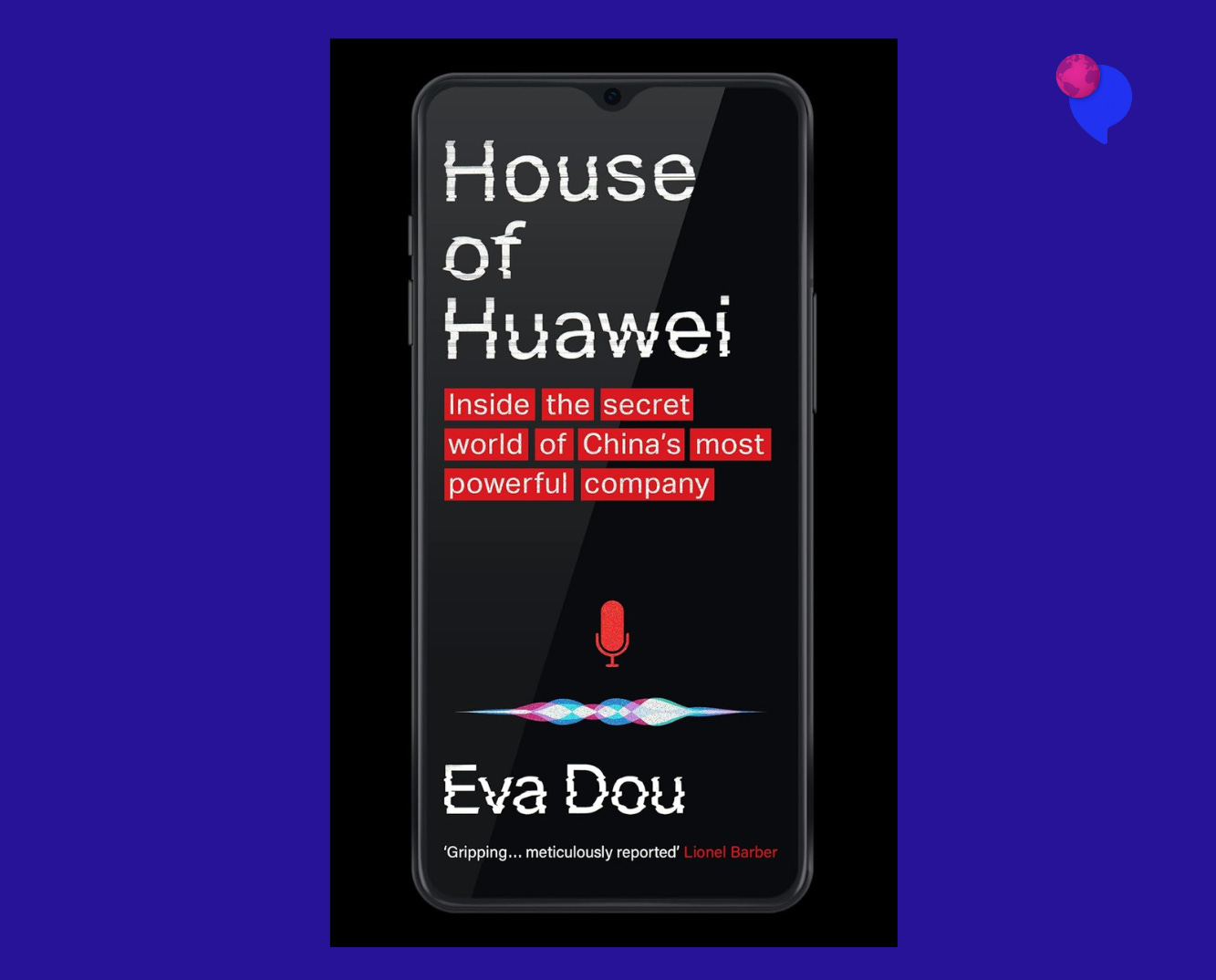🌍 A Window into the Intersection of Geopolitics and Technology
📚If you’ve ever wondered how China’s tech juggernauts like Huawei have become the world’s most elusive and powerful players in global trade, then Eva Dou’s House of Huawei is a great read.
🔎 So, how does a company go from making basic phone switches to becoming one of the world’s most influential—and controversial—tech giants? In House of Huawei, Eva Dou takes us on a rollercoaster ride through the rise of Huawei, an empire built with a mix of sheer ambition, strategic state backing, and a dose of controversy. The book lays bare the duality of Huawei: a champion of Chinese innovation and a source of unease for global security experts, especially in the U.S. Dou doesn’t just talk about Huawei’s gadgets; she digs into the very soul of the company, revealing how it straddles the line between being a private enterprise and a government tool—and how it’s both a symbol of national pride and a psychological battleground for those working in its shadow.
⏳ What’s particularly striking about Huawei’s rise is the way China’s strategic vision and its playbook for global dominance, inspired by the game of Go, have shaped the company’s trajectory. Go, as Xi Jinping has famously pointed out, isn’t just a game—it’s a metaphor for China’s foreign policy: a game of patience, strategic encirclement, and long-term positioning. Huawei has lived that philosophy, quietly expanding its reach while maintaining a low profile until it’s everywhere.
💸 Thanks to billions in state-backed financing, Huawei started with niche markets but soon elbowed its way into Western telecom giants like BT. Even as the U.S. screamed “security risk,” Huawei was impossible to ignore—outpacing competitors with its relentless drive for technological superiority, far from the days of being a cheap alternative.
👀 But let’s not kid ourselves: Huawei’s success isn’t just about tech. It’s a hard-charging, underdog-driven culture that’s powered by China’s unapologetically aggressive economic nationalism. It’s about building everything in-house, never relying on the West’s handouts—and that includes everything from semiconductors to operating systems.
⚙️ Huawei’s HarmonyOS is already eyeing a place on billions of devices in the developing world, potentially shifting the balance of power in global tech. And even when faced with U.S. sanctions and the near-death blow of being cut off from Google, the company just kept going, creating a mobile ecosystem that could change the way the world does business.
💡 This is the kind of book that shows just how intertwined China’s tech companies are with its geopolitical goals and why Huawei’s future isn’t just about 5G—it’s about China’s broader vision for global influence.
💬 I haven’t finished the book yet, but I’ll tell you this: I’m learning a ton about China’s early days of embracing market capitalism. The chaos, the corruption, the poverty—and, of course, the hope for a better future. So far, it’s been a fascinating read, and I’d definitely recommend it to anyone curious about how this side of the world really ticks.



